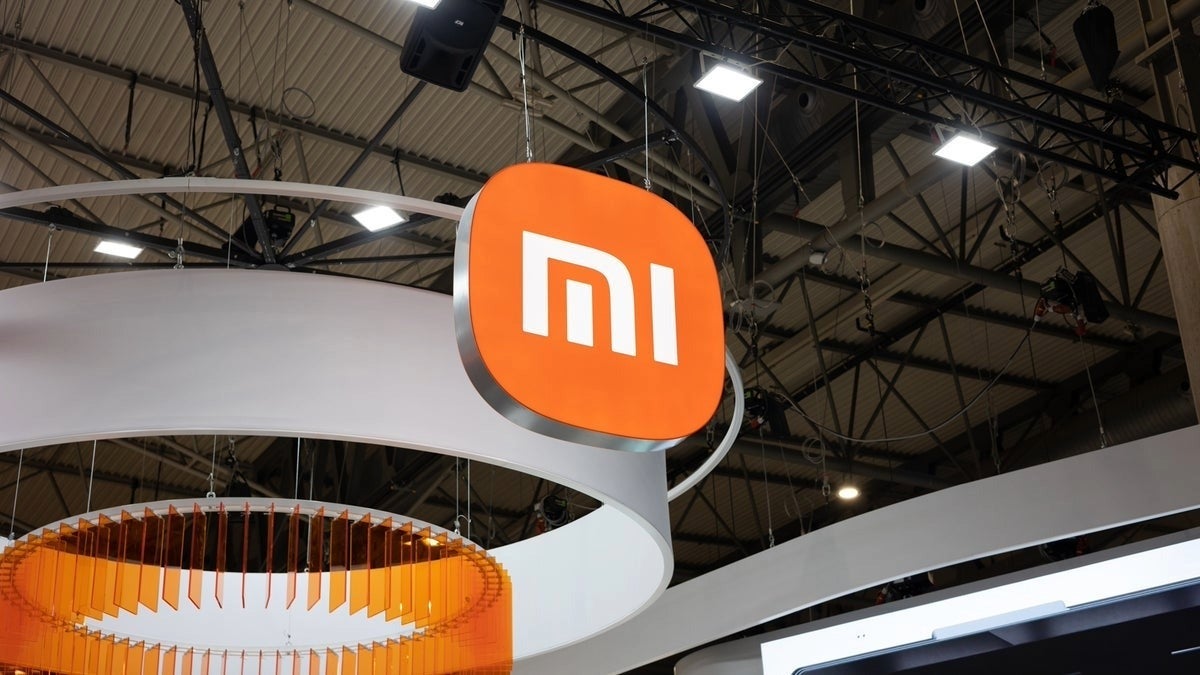Xiaomi continues work on its first in-house chip, set for early 2025

Xiaomi, a global technology giant, is making significant strides in its quest for technological independence. The company is currently developing an in-house smartphone chipset—as stated by reputable leaker Yogesh Brar—a strategic move aimed at reducing its reliance on external suppliers and enhancing its competitive edge in the rapidly evolving market.
While the official name remains undisclosed, the chipset is expected to be fabricated using TSMC's 4nm N4P process. Although this technology is a generation behind the cutting-edge nodes employed by competitors like Qualcomm and MediaTek, it offers a balance between performance and cost-effectiveness.
Despite using a slightly older manufacturing process, the chipset is anticipated to deliver impressive performance and efficiency. Rumored to be on par with the Snapdragon 8 Gen 1, featured on phones like the Galaxy S22, it will likely be used on Xiaomi's mid-range phones instead its flagship models.
What's more, Xiaomi's chip will likely be equipped with a 5G modem from Unisoc, another Chinese technology firm. This combination positions Xiaomi's chipset to compete effectively in the mid-range smartphone segment.
Xiaomi's decision to invest in a custom chipset is driven by several strategic factors. Firstly, the rising costs of off-the-shelf chipsets, exemplified by the anticipated price premium for the Snapdragon 8 Gen 4, have made developing an in-house solution a more attractive proposition.
Secondly, the potential for increased control over the supply chain and product differentiation is a significant advantage. By designing and manufacturing its own chipset, Xiaomi can tailor its hardware to specific market needs and avoid the risks associated with reliance on external suppliers.
Thirdly, the move aligns with Xiaomi's broader ambition to establish itself as a technology leader. Developing a custom chipset demonstrates the company's commitment to innovation and its ability to compete on a global scale.
While the development of a custom chipset presents numerous opportunities, it also poses challenges. The high cost of research and development, potential manufacturing hurdles, and the risk of delays or performance issues are factors that need to be carefully considered.
However, the potential rewards of a successful chipset venture are substantial. A well-executed strategy could enhance Xiaomi's brand reputation, improve profit margins, and solidify its position as a key player in the smartphone market.
Xiaomi's ambitious foray into chipset development is a testament to its growing technological capabilities and strategic vision. By investing in a custom solution, the company is positioning itself for long-term success in an increasingly competitive market. While the road ahead may be challenging, the potential benefits of this endeavor make it a compelling gamble for the Chinese technology giant.
Xiaomi's SoC project is going strong
— Yogesh Brar (@heyitsyogesh) August 26, 2024
Based on TSMC's N4P
Performance numbers similar to Snapdragon 8 Gen 1
5G modem by Unisoc
Reveal will happen H1 2025
2025 is a big year for Xiaomi with many revolutionary products in pipeline..
Despite using a slightly older manufacturing process, the chipset is anticipated to deliver impressive performance and efficiency. Rumored to be on par with the Snapdragon 8 Gen 1, featured on phones like the Galaxy S22, it will likely be used on Xiaomi's mid-range phones instead its flagship models.
Strategic Rationale
Xiaomi's decision to invest in a custom chipset is driven by several strategic factors. Firstly, the rising costs of off-the-shelf chipsets, exemplified by the anticipated price premium for the Snapdragon 8 Gen 4, have made developing an in-house solution a more attractive proposition.
Secondly, the potential for increased control over the supply chain and product differentiation is a significant advantage. By designing and manufacturing its own chipset, Xiaomi can tailor its hardware to specific market needs and avoid the risks associated with reliance on external suppliers.
Thirdly, the move aligns with Xiaomi's broader ambition to establish itself as a technology leader. Developing a custom chipset demonstrates the company's commitment to innovation and its ability to compete on a global scale.
Challenges and Opportunities
While the development of a custom chipset presents numerous opportunities, it also poses challenges. The high cost of research and development, potential manufacturing hurdles, and the risk of delays or performance issues are factors that need to be carefully considered.
Xiaomi's ambitious foray into chipset development is a testament to its growing technological capabilities and strategic vision. By investing in a custom solution, the company is positioning itself for long-term success in an increasingly competitive market. While the road ahead may be challenging, the potential benefits of this endeavor make it a compelling gamble for the Chinese technology giant.
Follow us on Google News














Things that are NOT allowed:
To help keep our community safe and free from spam, we apply temporary limits to newly created accounts: